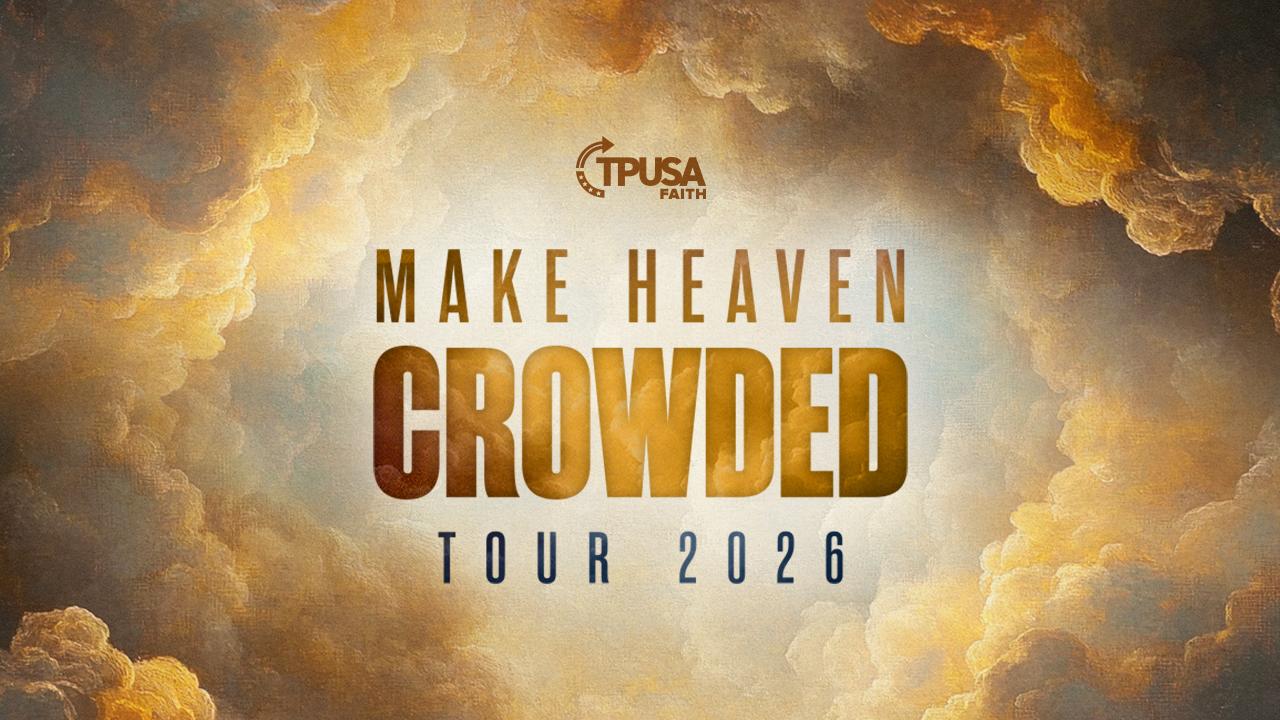
Following the COVID-19 pandemic, average SAT and ACT scores are the lowest they have been in years, according to data collected by Best Colleges.
In 2022 the average SAT score was 1050, the lowest it has been since the test format changed to a 1600-point scale. ACT scores have also dropped as well; only 22 percent of students who took the ACT test met the benchmarks in Math, Reading, Science, and English.
“The magnitude of the declines this year is particularly alarming, as we see rapidly growing numbers of seniors leaving high school without meeting the college-readiness benchmark in any of the subjects we measure.”
ACT CEO Janet Godwin
With the declining success of standardized test scores, most colleges are abandoning their previous admission requirements. Over the last two years, nearly 80 percent of universities have instituted a test-optional policy that does not require applicants to submit standardized test scores.
While there has been a continuing trend in test score decline and efficiency in school among students, it is likely that the effects of COVID-19 exasperated this trend.
Our nation’s response to COVID-19 had severe ramifications on the education of children who attend school. By forcing students to either stop attending for a period of time or attend their classes remotely, young Americans were unable to learn the required curriculum as proficiently as they have in the past.
In 2022, The National Assessment of Educational Programs (NAEP) concluded that there was a substantial drop in both reading and math scores after the pandemic. In fact, these scores reached their lowest point in decades. Among students entering high school, nearly 4 in 10 eighth graders failed to show they have an understanding of basic mathematic concepts.
“These are some of the largest declines we have observed in a single assessment cycle in 50 years of the NAEP program. Students in 2022 are performing at a level last seen two decades ago.“
National Center for Education Statistics Associate Commissioner Daniel McGrath
Many institutional leaders want you to forget the fact that they heavily favored the closure of schools even after the pandemic was declining and a vaccine was already created. There were many educational leaders, such as American Federation of Teachers union boss Randi Weingarten, who advocated to keep schools closed even after the data proved COVID-19 did not pose a significant risk to children.
Despite this, those on the political left are attempting to rewrite history due to their regret of endorsing detrimental policies:
While steps must be taken to correct course and increase the education level of students, it is equally important to hold the people responsible who contributed to the educational decline of children across the country.














